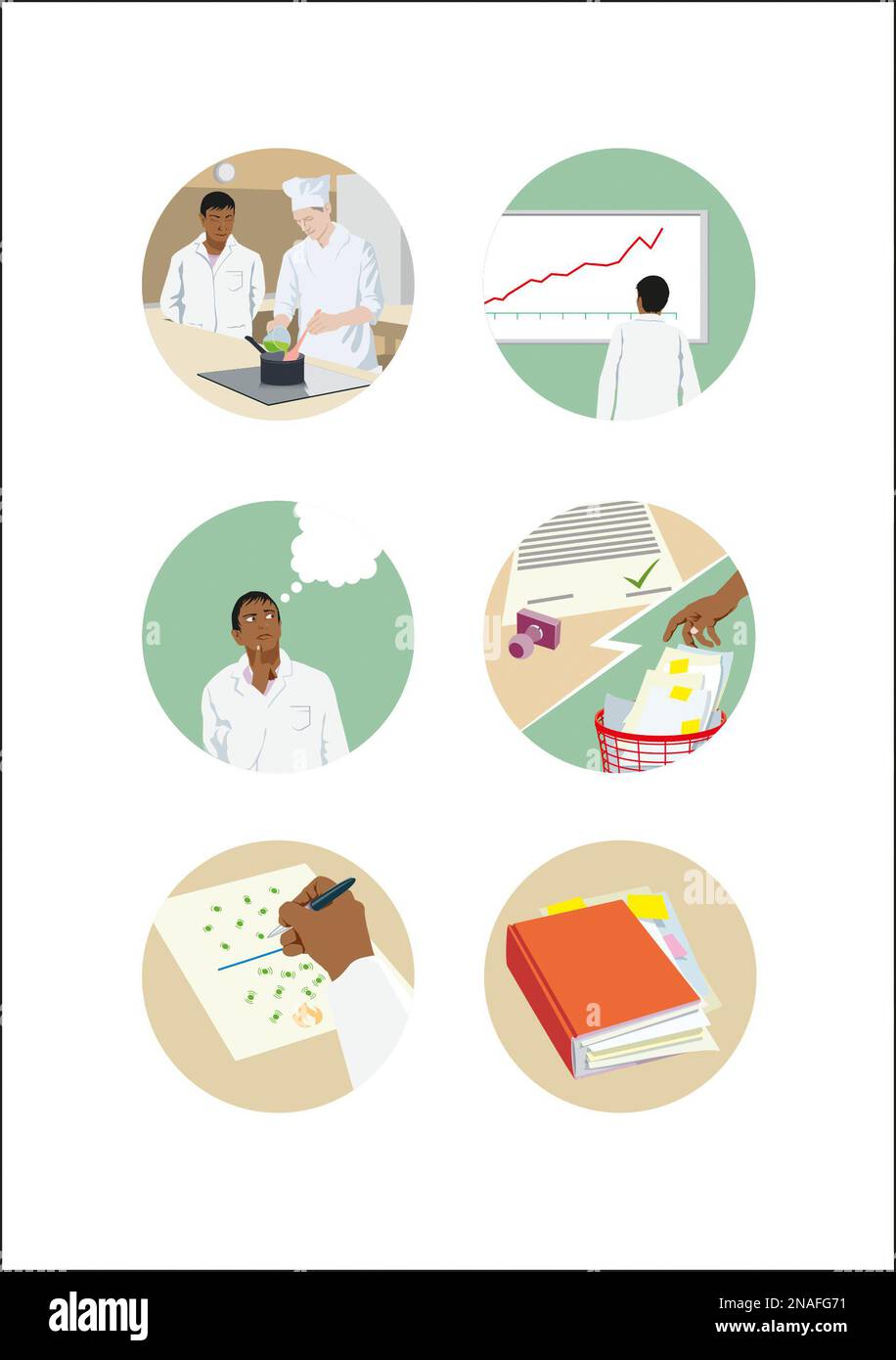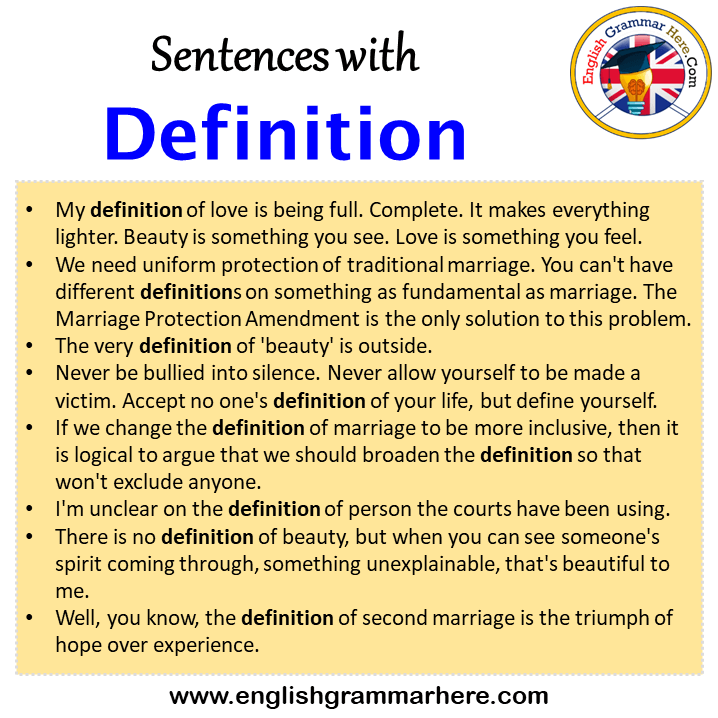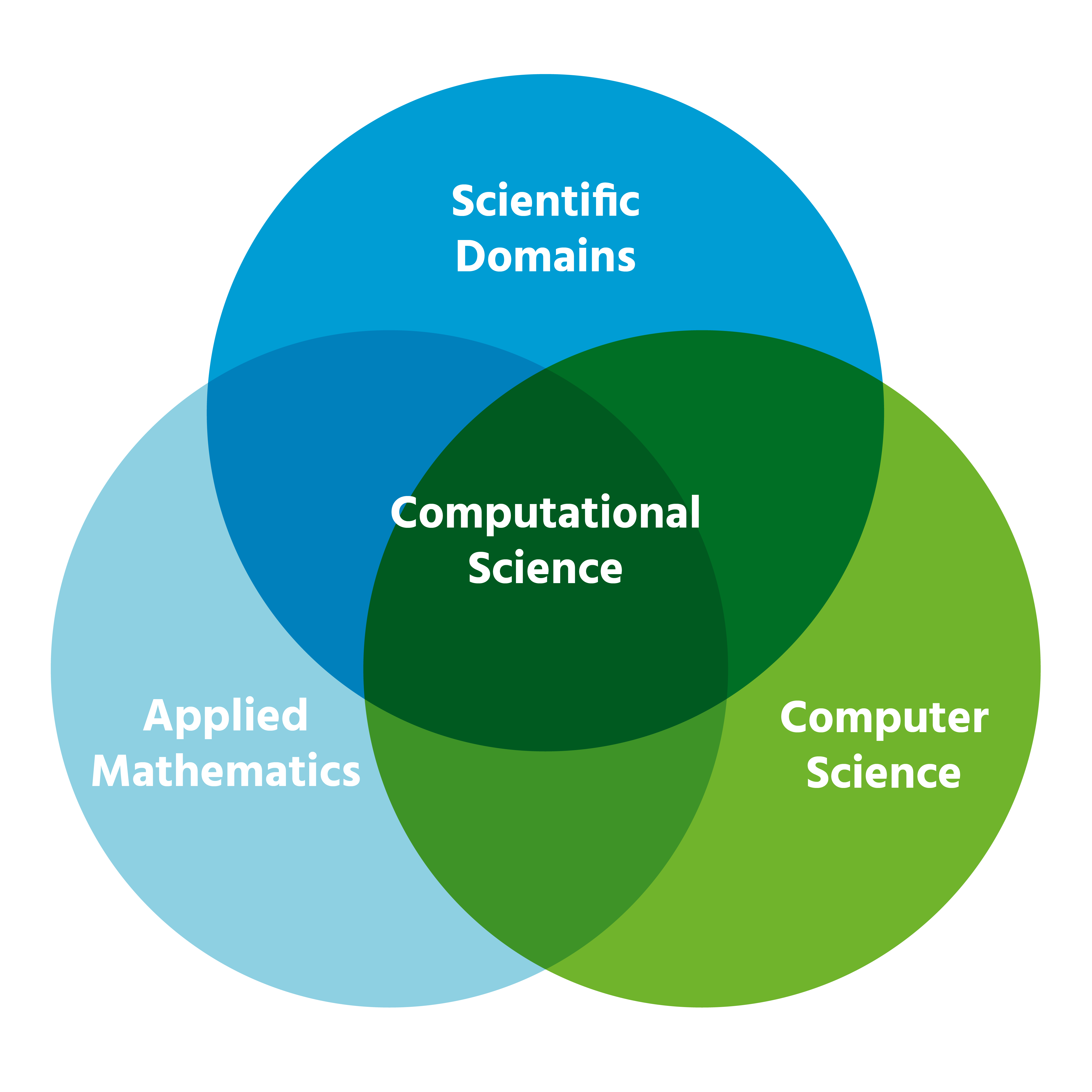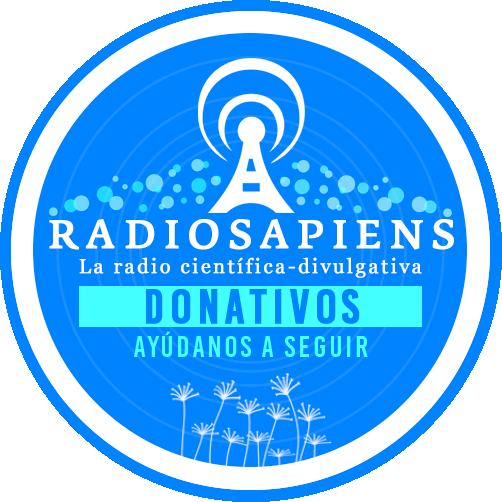Unlocking Scientific Discovery: Essential Terms That Start With ‘R’
Introduction: Why ‘R’ Words Matter in Science
The scientific lexicon is vast, but terms beginning with the letter ‘R’ offer a unique window into the depth and diversity of discovery. Whether in chemistry, biology, physics, or environmental studies, these words are pivotal for understanding phenomena, conducting research, and advancing technology. From radiation to ribosome , each term unlocks new knowledge and practical applications for professionals and students alike [4] .
Radiation: Energy and Its Impact
Radiation refers to the emission of energy from a source, commonly seen in physics, medicine, and environmental science. Radiation can be ionizing (like X-rays and gamma rays) or non-ionizing (such as visible light and microwaves). Its applications range from medical imaging and cancer treatment to communications and energy generation. Understanding radiation is essential for safety protocols and innovative technologies. For instance, radiologists use radiation to diagnose diseases, while engineers harness it in nuclear reactors for energy production [1] .
To access updated research and safety guidelines on radiation, you can consult the official U.S. Nuclear Regulatory Commission website by searching ‘radiation safety NRC’ or visiting major academic medical centers.
Radical and Radioactivity: Chemistry in Action
A radical is a molecule or atom with an unpaired electron, making it highly reactive. Radicals are central to chemical reactions, particularly in organic chemistry and biochemistry. They play roles in combustion, polymerization, and even cell signaling [1] . Radioactivity , meanwhile, is the spontaneous emission of particles or energy from unstable atomic nuclei. This property is harnessed in medical imaging, power generation, and archaeological dating.
If you wish to learn more about radical reactions or radioactivity, many universities offer online modules-try searching ‘chemistry radicals tutorial’ or ‘radioactivity basics’ at your local institution’s official site.
Reactant, Reagent, and Reactivity: The Engine of Experiments
A reactant is a starting substance in a chemical reaction, while a reagent is any substance used to cause a chemical reaction. Reactivity describes how readily a substance participates in these reactions. These terms are the backbone of laboratory work and industrial processes. For example, the reactivity of metals determines their use in manufacturing and electronics [1] .
To get hands-on with these concepts, consider participating in a local science fair or contacting community colleges for lab workshop opportunities. Many offer introductory classes where you can observe and measure reactivity directly.
Recycling and Reduction: Environmental Science Essentials
Recycling involves treating and processing waste for reuse, a key solution to environmental challenges. Reduction in chemistry refers to the gain of electrons and a decrease in oxidation state, but in environmental science, it also means minimizing waste and emissions. Both concepts are vital for sustainable living and resource management [1] .
For actionable steps, start by separating recyclable materials at home and researching your municipality’s recycling program. To explore the science behind reduction reactions, visit official academic sources by searching ‘environmental chemistry reduction’ at established university portals.
Resistance: Bridging Physics and Biology
Resistance measures how much a material opposes the flow of electric current-a fundamental principle in physics and engineering. In biology, resistance can also refer to the ability of organisms to withstand disease or toxins. For example, antibiotic resistance is a major global health concern, while electrical resistance is crucial in designing circuits and electronics [1] .
To deepen your understanding, consider reading resources from the Institute of Electrical and Electronics Engineers (IEEE) or the Centers for Disease Control and Prevention (CDC). Search ‘CDC antibiotic resistance’ or ‘IEEE electrical resistance’ for verified information.

Source: animalia-life.club
Ribosome, RNA, and Receptor: Biological Building Blocks
Ribosomes are tiny cellular machines that synthesize proteins, essential for growth and repair. RNA , or ribonucleic acid, transmits genetic information and helps build proteins. Receptors are specialized proteins on cell surfaces that receive signals, allowing cells to communicate and respond to their environment [3] .
To see these concepts in action, many science museums and school labs have interactive exhibits. Alternatively, searching ‘National Institutes of Health ribosome animation’ will lead you to visual resources.
Room Temperature and Rubidium: Everyday and Exotic Science
Room temperature (RT) is a standard condition for experiments, usually considered around 20-25°C (68-77°F). It’s essential for reproducibility in research. Rubidium is a rare alkali metal used in electronics, research, and spectroscopy [2] .

Source: spineanddandy.com
To learn more, check scientific product catalogs or official chemistry databases. Search for ‘rubidium element facts’ at established science portals like the Royal Society of Chemistry.
Real-World Applications: How to Access Opportunities and Resources
Science words that start with ‘R’ are more than vocabulary-they’re gateways to careers, research, and innovation. You can:
- Enroll in online courses or workshops at accredited colleges covering these topics.
- Visit official government agencies (such as the Environmental Protection Agency or National Institutes of Health) for the latest research and opportunities-search for their names and program titles for reliable information.
- Participate in citizen science projects, which often focus on environmental recycling, resistance tracking, or radiation monitoring; search ‘citizen science opportunities’ at reputable platforms like SciStarter.
- Explore industry news and advancements via established science news outlets such as Science Daily or Nature.
For specific guidance, always use verified search engines and official resources. If seeking grants or research positions, check university career centers or government agency announcements.
Key Challenges and Alternative Approaches
Understanding and applying science words starting with ‘R’ can be challenging due to the complexity and cross-disciplinary nature of these concepts. Solutions include:
- Joining professional societies (e.g., American Chemical Society, American Association for the Advancement of Science) for access to journals and networking.
- Using interactive online resources, such as virtual labs, to visualize difficult concepts.
- Collaborating with educators or mentors who specialize in these areas to gain hands-on experience.
Alternative approaches include attending public lectures, subscribing to reputable science magazines, and participating in online forums for peer-to-peer learning.
Summary: The Value of ‘R’ in Science
Science words that start with ‘R’ are integral to understanding our world. Their significance spans fundamental theory to practical application. By familiarizing yourself with these terms and seeking out authoritative resources, you can expand your knowledge and contribute to scientific progress.
References
MORE FROM searchhole.com













